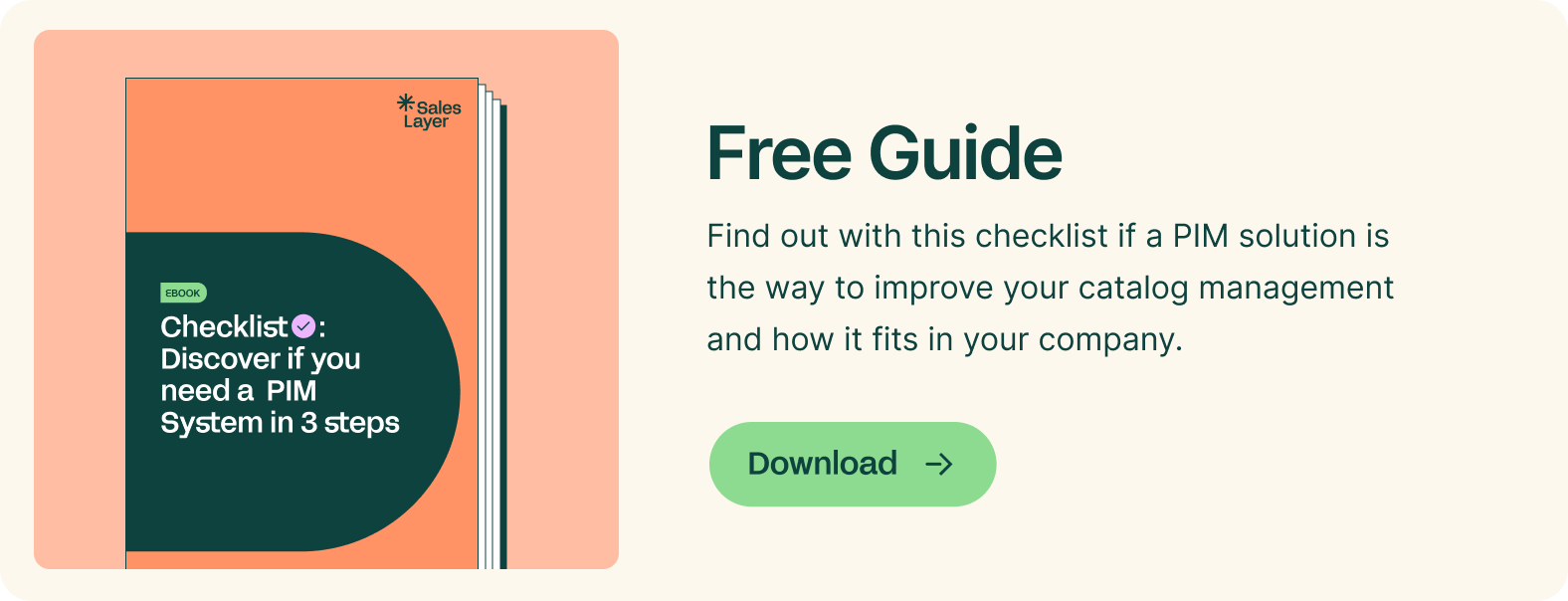
One of the ways to save on your first Product Content Management (PCM) strategy is to opt for open source software. These types of systems are free and offer open source code so that a team or professional can use it freely.
However, is an open source Product Content Management system really suitable for a company?
The alternative to open source is fee-based software, either on premise (installed on your computer) or SaaS (stored in the cloud). The advantage of an open source Product Content Management is that downloading the PCM does not usually entail any cost, since the license is free, and you have complete freedom to do with the software whatever you want.
But, do you know what you want to do with your Product Content Management system? Maybe an open source system could be risky for you as a business or ecommerce?
What is an open source PCM?
As we have already pointed out, an open source Product Content Management means that every user can have free access to the source code of the software. This is very advantageous to customize it with all the technical specifications and extensions that a company needs, although for this you need a team with good knowledge of this type of PCMs.
We know that the main attraction of an open source Product Content Management is the word free. Of course, a PCM of this type is in principle very cost-saving, as on-premise Product Content Management systems are usually much more expensive.
But that does not imply that you will never spend on your PCM again: for example, many plugins offered by developers for open source PCM have a cost, unless you have the human resources and time to create them all from scratch by yourself (and if you have chosen an open source, this will certainly not be the case).
A PCM or SaaS management system in the cloud is much more convenient if you do not have a sufficiently prepared team, as they are quick to implement, easy to use and the fees are more accessible, customizable and scalable than an open source.
Advantages and disadvantages of open source PCMs
Open source software is very advantageous and useful in management tasks for small businesses or companies that have just started up and, therefore, do not yet handle many references or assets, nor do they have very extensive product catalogs.
Pros of an open source PCM
- Free license.
- Total freedom of PCM customization.
- Unlimited plugins and connectors.
- No periodic costs.
Cons of an open source PCM
- Need for a well-trained IT team in PCM.
- High costs in plugins and extensions.
- No training or personal counseling.
- Dependence on the user community and forums.
If you have doubts about the differences between an open source and SaaS system, Sales Layer is here to help you. Book an appointment with one of our ecommerce and catalog management experts to discuss your needs and learn about the features and benefits of product content management software. Start trying it for free right here and radically change the way your team works.











